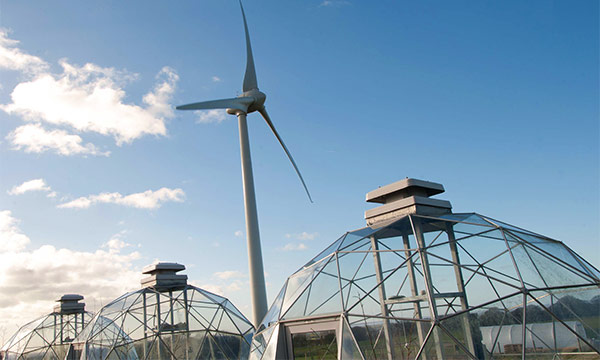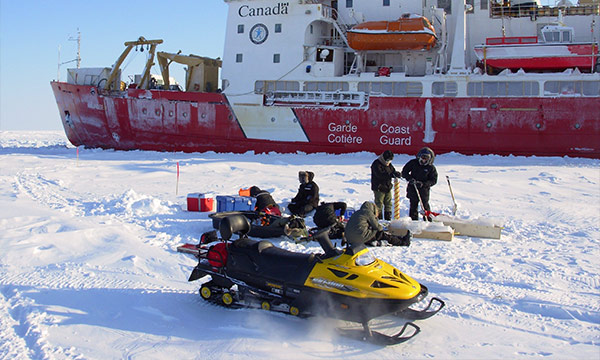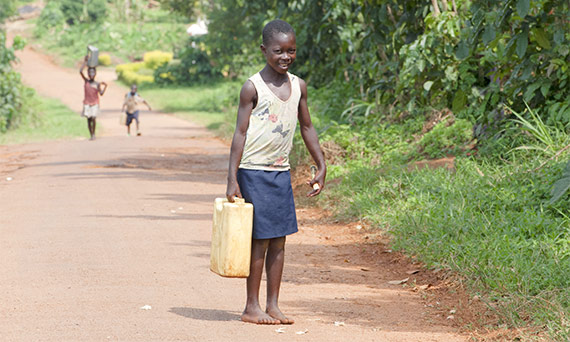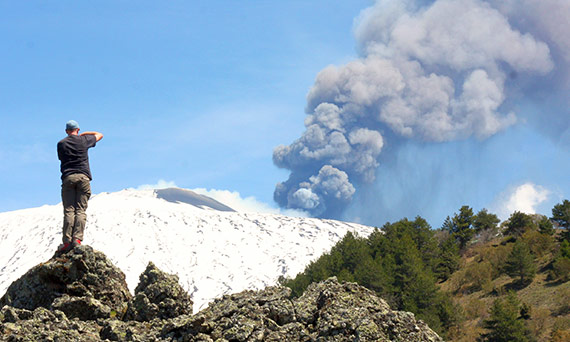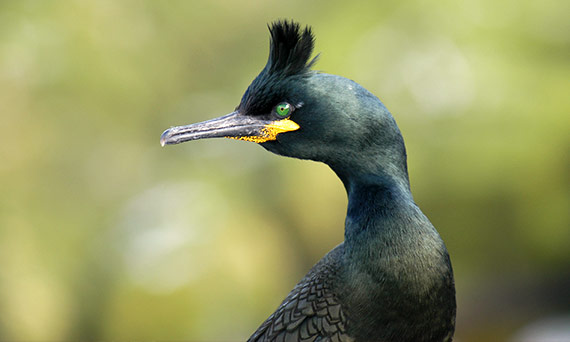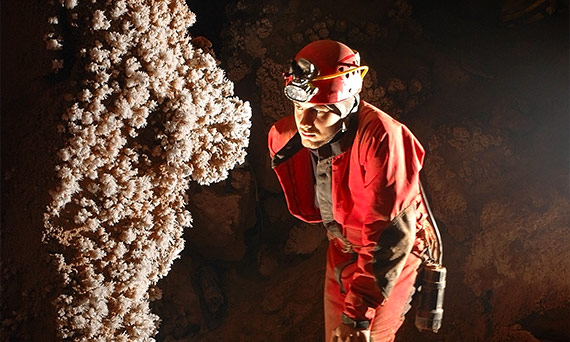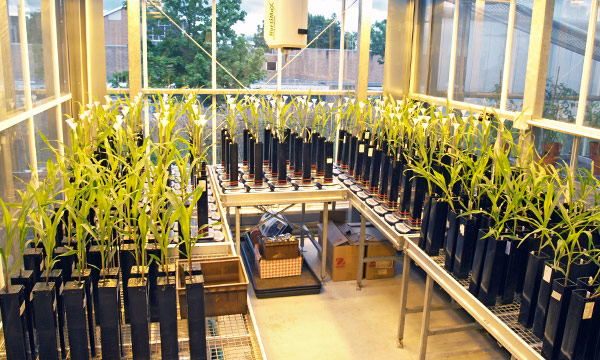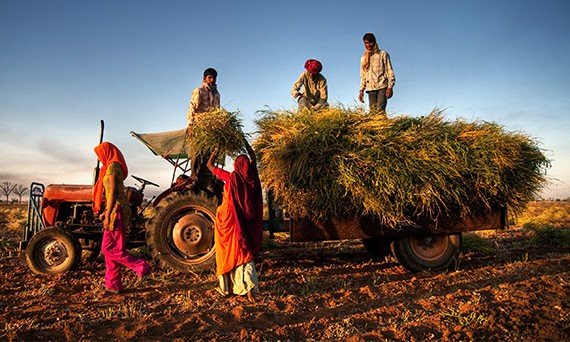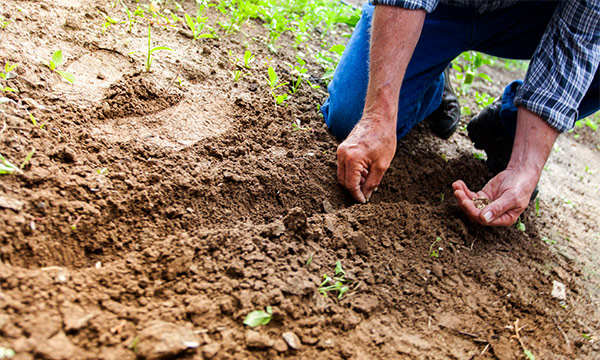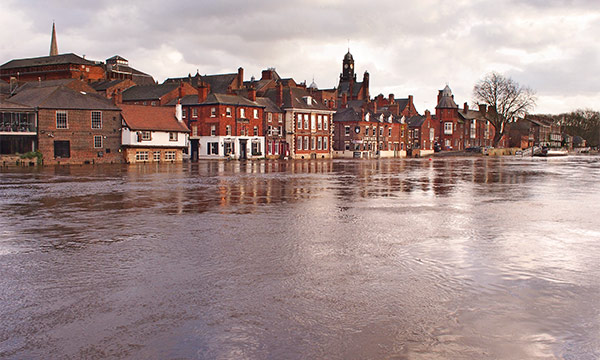Every researcher at the Graduate School for the Environment has the chance to make a real difference. You have a better chance of making an impact with your work here than at most other institutions – we are one of the three most highly ranked institutions in the UK for the way in which our research has a practical and positive effect on the outside world.
There’s a reason for our success. It’s because we have put together the right blend of people, resources, support structure and culture to help you succeed.
Just imagine what you could achieve in this kind of world-class environment – the skills you could acquire, the places you could see, the experts you could work with, the data you could gather, the equipment you could use, the insights you could have, the breakthroughs you could make, the career you could launch. It’s an exciting prospect.




